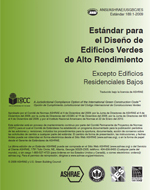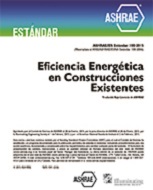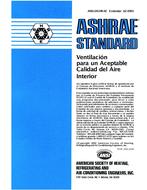Description
This paper proposes a methodology for enhancing the LifeCycle Cost Analysis of office buildings by accounting for tangible improvements in office workers performance and therefore in the employer’s bottom line due to sustainable building features. There is a good correlation between indoor environmental quality and higher worker productivity, wellbeing, job satisfaction, and reduced absenteeism all of which help to attract and retain employees. Sustainable buildings contribute to the bottom line for building occupants. Sustainable building features add a prestige associated with buildings certified to high sustainability levels, increase the building’s market value,increase its rentability, and draw higher rent. This paper presentsan enhanced Life Cycle Cost Analysis of a typical middlesize office building in three different international locationswith a mature market for sustainable buildings. This analysisuses representative European Union and North Americaranges of energy and labor costs, construction costs, and rents,for both sustainable and standard office buildings; andassumes a minimum required productivity increase of 2%, to show that, for each case analyzed, it is always cost effective to occupy a sustainable office space or building, whether rented or owned. Depending on the market, it can be profitable tobuild a sustainable office building for lease to multiple clients by charging rental rates only 2% to 10% higher than rents charged for conventional spaces. This paper concludes that the life cycle cost analysis must account for office labor costsavings resulting from sustainable building features.
Citation: 2020 Winter Conference, Orlando, FL Technical Papers
Product Details
- Published:
- 2020
- Number of Pages:
- 22
- Units of Measure:
- Dual
- File Size:
- 1 file , 3.9 MB
- Product Code(s):
- D-OR-20-012




